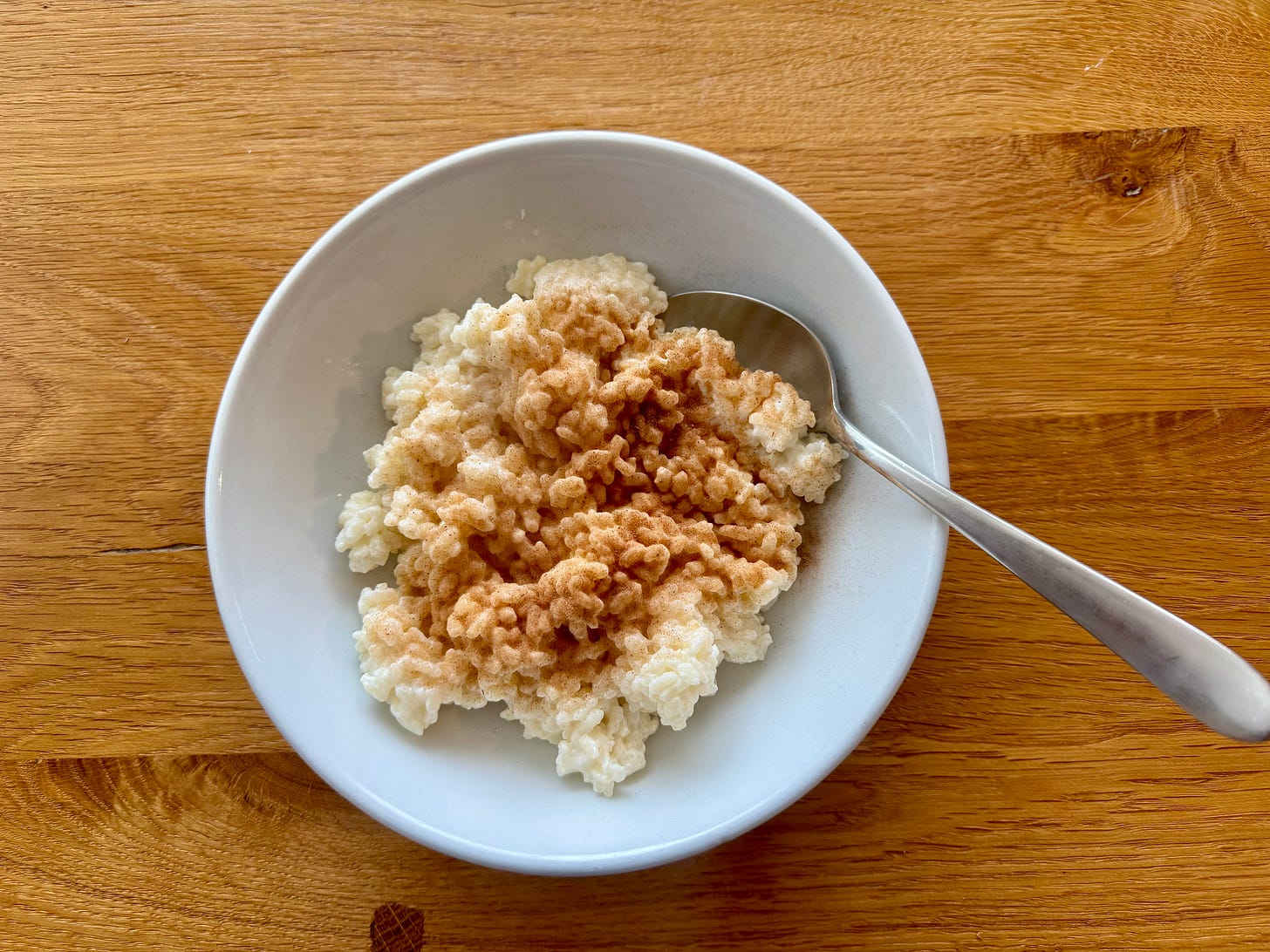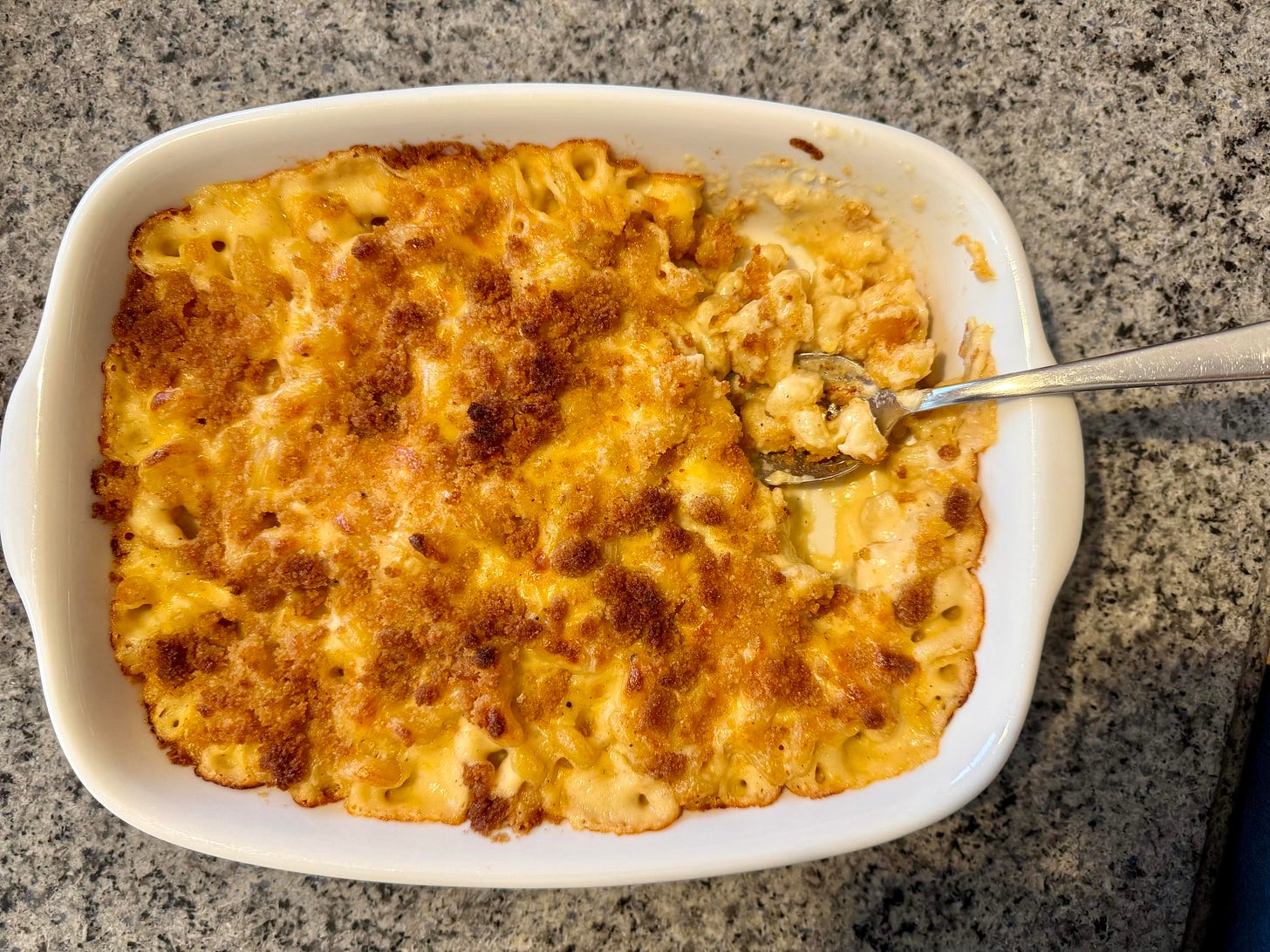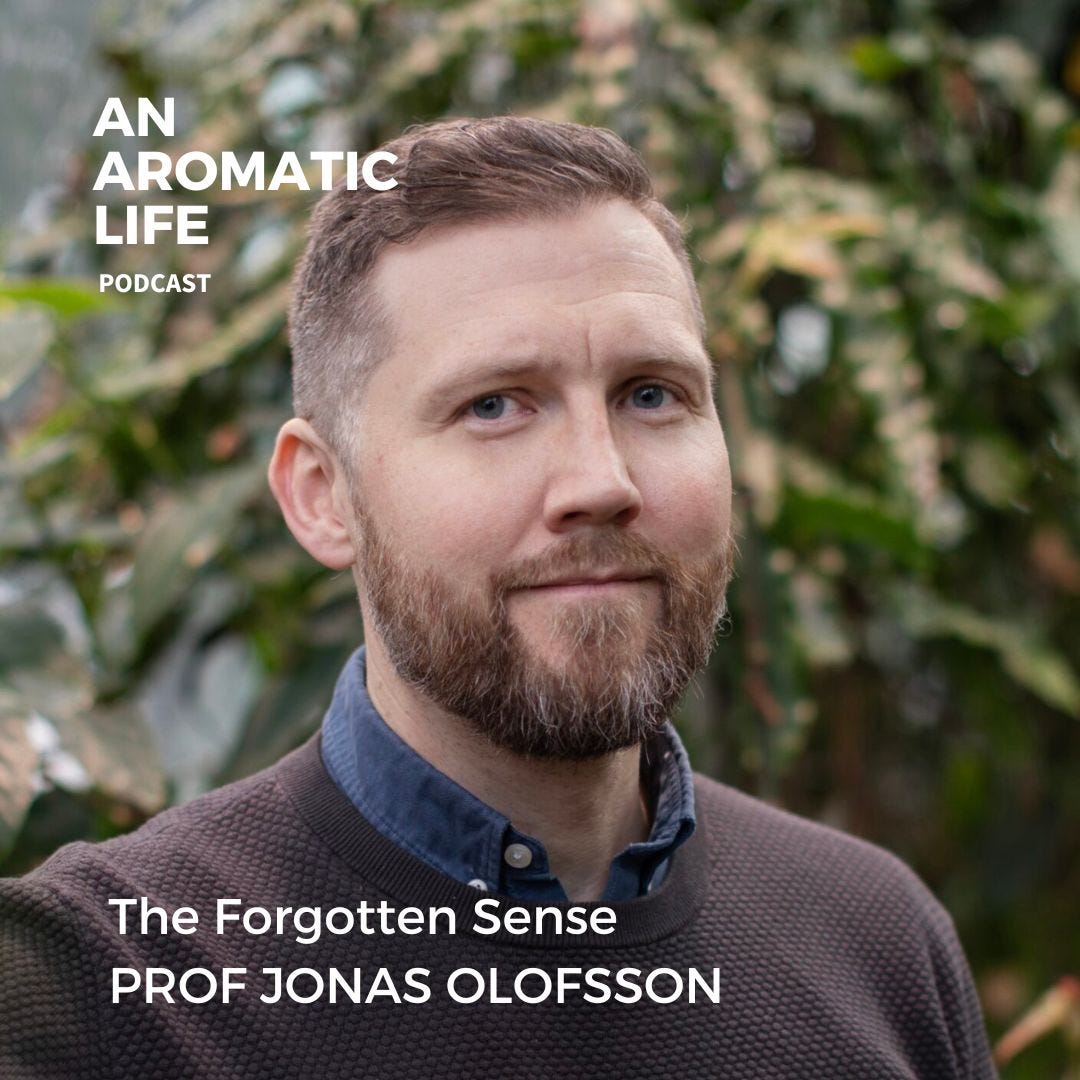Rainy Days, Hibernation, and Comfort Foods
Times like this call for meals we crave.
Whenever I spent time with my Oma as a kid, I’d ask her to make my favorite food, Milchreis. It’s a German version of rice pudding, made of arborio rice and whole milk, finished off with a sprinkle of cinnamon and sugar.
I don’t know if she made it differently to other grandmothers, but her technique seemed unique to me. As per the standard recipe, she prepared it on the stove, but then it got a little strange because she would proceed to finish the cooking under the covers in her bed (did anybody else’s Oma do this?!). Yes, this big pot of milk-cooked rice was nestled under a thick duvet for 45 minutes before we could enjoy it. Patience was a virtue, but it was always worth the wait.
The sweet, rich, creamy Milchreis remains my ultimate comfort food, and I’ve been making it quite a bit lately. It’s no surprise, really - this week in the Bay has been cold and rainy, thanks to a “Pineapple Express” weather system passing through. So, I’ve been in full hibernation mode: fireplace on, curled up in a blanket on the couch with tea and a good book. Between the dreary weather and the relentless news cycle, my emotions have been all over the place.
Of course, smelling is emotional and being drawn to flavorful comfort foods makes perfect sense. Our olfactory system naturally prefers familiar smells; a survival mechanism that’s kept us alive throughout our evolution. So really, what I’m yearning for is flavors and aromas that conjure up familiar feelings and memories from my childhood.
It turns out, I just want to feel safe.
I’ve also been making a lot of mac ‘n cheese. This equally rich but salty, carb-filled dish takes me right back to my first years in Chicago, age 8-9ish, when I was just becoming familiar with American foods. We had recently moved from Hamburg, Germany and my mom didn’t make that kind of food. But every playdate I had, invariably I’d end up getting offered a bowl of Kraft Mac & Cheese, an American staple made with processed cheese. I still enjoy a good box of the stuff now and again, but I’m more inclined to make it from scratch these days.
It turns out that eating sweet and starchy foods helps our bodies make serotonin, which makes us feel calmer, and lowers the stress hormone cortisol. Studies show that people feel less depressed, anxious and irritable after consuming carbohydrate-rich foods. And fatty foods, like cheese, have a numbing effect, helping to decrease the emotional response to stress.
It’s all making sense now.
I know I could indulge endlessly in these nostalgic foods, but there’s comfort in simply knowing they’re there when I need them. In the end, isn’t that what we’re all really seeking?
Do you have a favorite comfort food that brings you special memories? Leave me a comment, I’d love to hear.
For my paid subscribers, down below you’ll find a recipe for Milchreis in case you’d like to try it yourself.
This week on my podcast An Aromatic Life:
In this episode, I sit down with cognitive scientist and professor Jonas Olofsson to discuss his new book The Forgotten Sense: The New Science of Smell and the Extraordinary Power of the Nose.
Prof. Olofsson shares how some of the myths about our sense of smell developed throughout history, including the role literacy played in devaluing our sense of smell so much. He explains why we’re all unique smellers, what makes olfactory memories different to other sensory memories, and why we’re so bad at identifying smells.
Prof. Olofsson also clarifies if women are better smellers than men, and if we can rely on our sense of smell for information. We also get into the topics of chemical sensitivities, the science of aromatherapy, and what he’s learned about the relationship between authoritarianism and smell.
If you’re curious about your sense of smell, this conversation will be sure to please.
You can listen to this episode and many more on Apple podcast, Spotify, Amazon Music, or wherever you get your podcasts.





